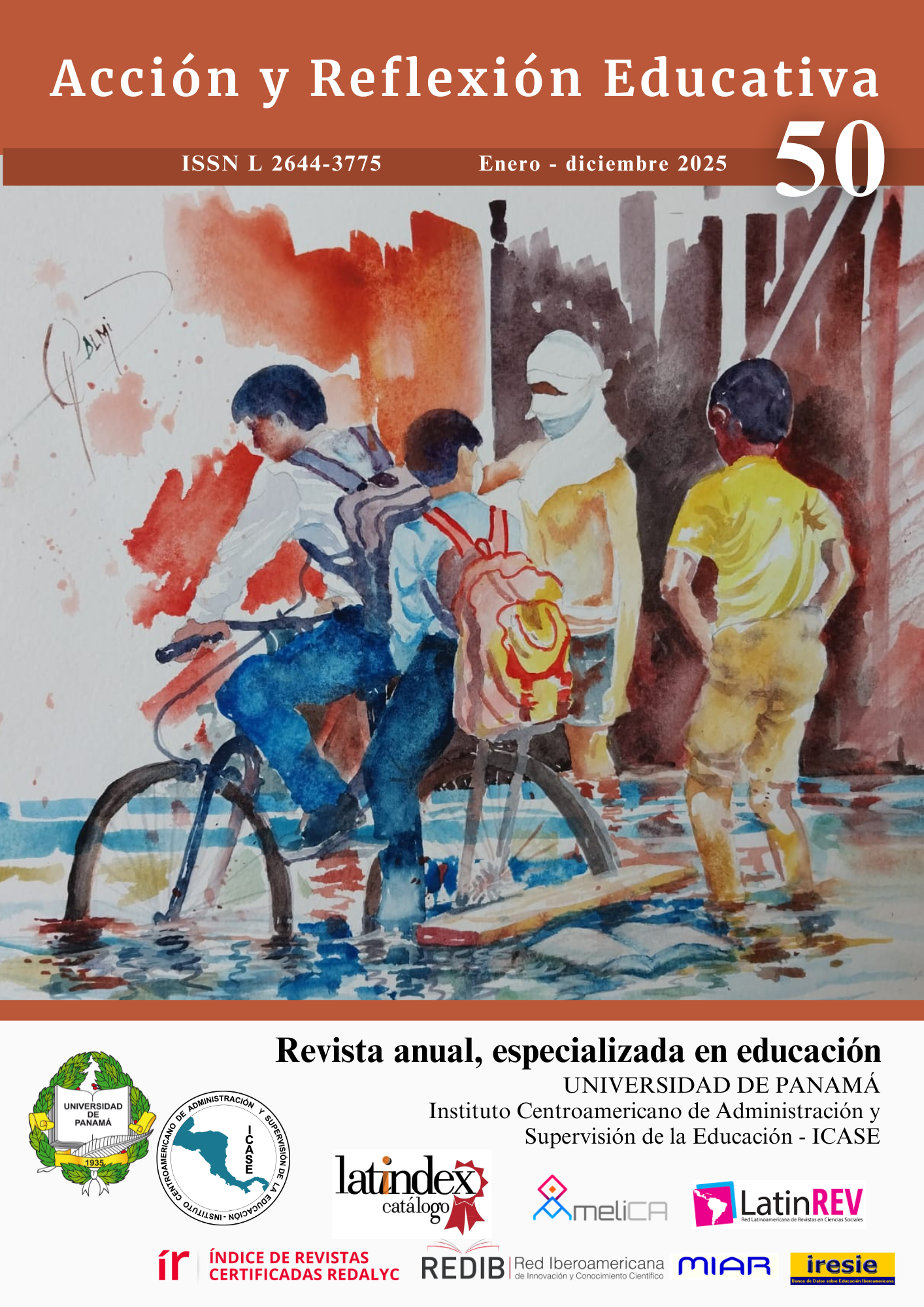

Copyright (c) 2024 Los autores

This work is licensed under a Creative Commons Attribution-NonCommercial-ShareAlike 4.0 International License.
Like the rest of the countries in the world, the Republic of Panama faces the challenge of climate change. This national problem has a greater impact in indigenous areas, characterized by extreme poverty and high climate vulnerability, such as in the case of the district of Kusapín - Comarca Ngäbe Buglé, an area where situations of extreme poverty converge, on the one hand, of the order of 0.6296% (according to the multidimensional poverty index); and a high vulnerability to climate change, with impacts on the availability of water, biodiversity and rising sea levels. The purpose of this study is to understand the perception of the problem of climate change from the perspective of children. For this purpose, a sample of 50 sixth grade students from two schools in the Kusapín District was selected. They were given a survey instrument with 17 questions (closed and open) considering the criteria of: knowledge, perception, measures to combat and adapt to climate change and education on climate change. It is concluded that children show a lack of knowledge about the concepts of climate change, vulnerability, its causes and effects and how this phenomenon is expressed in the community context in which they operate. This alerts us to the need to intervene from the educational field, implementing concrete actions from the curricular, teacher training and parent participation, guaranteeing inclusive environmental education.